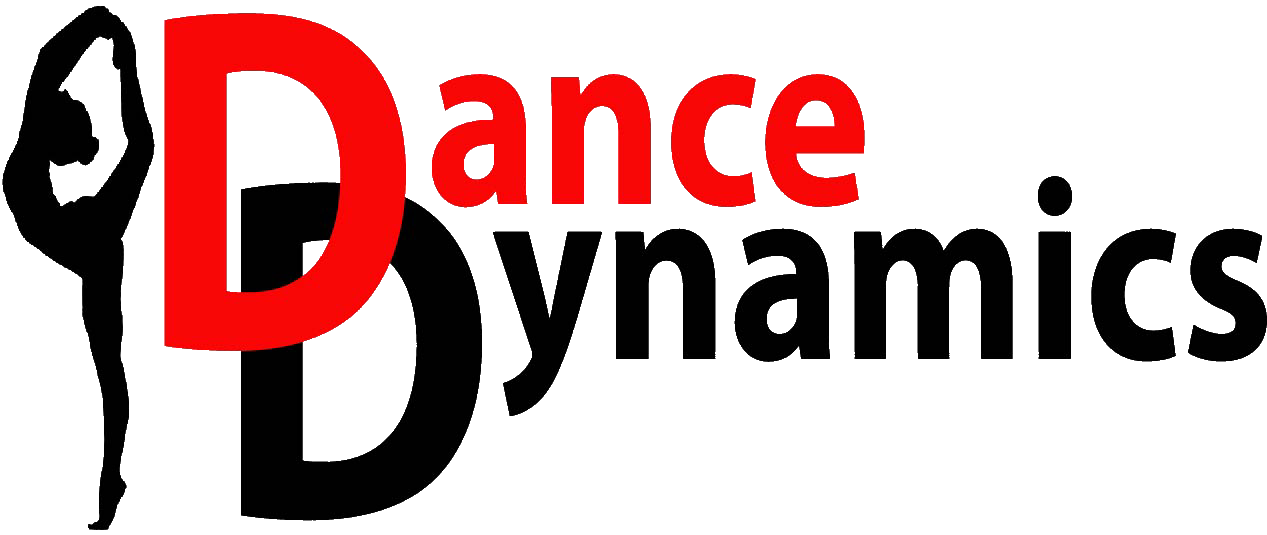7 Powerful Ways Dance Education Boosts Your Child's Academic Performance
Dance education is widely known for its physical, emotional, and creative benefits, but did you know that it can also have a profound impact on your child's academic performance? At Dance Dynamics, our comprehensive dance programs not only promote a healthy, well-rounded lifestyle, but they also contribute to your child's success in the classroom.
In this article, we'll delve into seven powerful ways dance education can positively affect your child's academic performance. From improved concentration and mental flexibility to heightened emotional intelligence, we'll explore the strong connection between dance training and academic success. Join us as we uncover dance education's transformative power and its varied benefits beyond the dance studio. Prepare to be amazed at how we can foster your child's overall growth and academic prowess.
Enhanced Concentration and Focus
Participation in dance classes significantly improves a child's concentration and focus. Dance education demands a high level of cognitive engagement, as students must memorize steps, learn new techniques, and coordinate their movements with music. Consistent practice strengthens their cognitive abilities, enabling them to better focus on tasks and absorb information.
Attending dance lessons can help your child sharpen their attention span and cognitive skills, which are critical for success in their academic pursuits.
Improved Memory and Learning Efficiency
Memory and learning efficiency are crucial components of academic success. Dance education reinforces these skills, as dancers must memorize complex routines, intricate steps, and proper body positioning.
According to research, dance training stimulates neural connections in the brain responsible for memory and learning. Our structured programs help students develop these neural connections, leading to enhanced learning abilities that translate to improved performance in the classroom.
Increased Mental Flexibility and Problem-Solving Abilities
Dance education fosters mental flexibility by encouraging students to think critically, analyze situations, and adapt to challenges. Dance often requires split-second decision-making and creative problem-solving, such as adjusting movements during partner work or incorporating new steps seamlessly into choreography.
By participating in dance classes, your child will develop essential problem-solving skills and mental agility that enable them to tackle complex academic challenges with ease.
Development of Emotional Intelligence and Social Skills
Emotional intelligence and strong social skills play pivotal roles in academic performance. Dance education nurtures emotional intelligence by allowing students to express and explore their emotions through movement, cultivating empathy for others, and developing an understanding of non-verbal communication.
Our inclusive environment encourages students to interact and collaborate with their peers, fostering the development of empathy, communication, and respect. Emotional intelligence and social skills can have a significant impact on their overall academic performance by helping them to work efficiently in group projects, build positive connections with teachers and classmates, and adapt to different social situations.
Boosted Self-Esteem and Academic Confidence
Dance education plays an essential role in building self-esteem and confidence. Progressing in dance classes and achieving personal goals instill a sense of accomplishment, self-efficacy, and confidence in your child.
A higher level of self-esteem and confidence can translate into improved academic performance, as your child's belief in their abilities encourages them to approach challenges and new learning experiences with optimism and resilience. Our supportive programs help students gain confidence in themselves and their abilities, creating a strong foundation for academic success.
Effective Time Management and Organization
Participating in dance classes teaches students valuable time management and organizational skills. Balancing schoolwork, homework, dance lessons, and personal commitments requires a high degree of organization and prioritization.
Our dance programs offer opportunities for students to hone these skills, enabling them to manage their academic responsibilities and extracurricular activities more efficiently. Developing strong time management and organizational skills contributes to improved academic performance and a more balanced lifestyle.
Enhanced Physical Health and Academic Performance
The physical health benefits of dance are well-known. Regular dance classes improve muscle strength, cardiovascular endurance, flexibility, and coordination. However, these physical benefits also have a positive impact on a child's academic performance.
Physical exercise has been linked to increased brain function, including better memory capacity, cognitive flexibility, and the ability to process information more quickly. By participating in our diverse dance programs, your child fosters their physical health while simultaneously improving their brain function and academic potential.
Unlock Academic Success with Dance Dynamics
Dance education offers far-reaching benefits that extend beyond physical and artistic growth, directly impacting your child's academic performance. By participating in our engaging dance programs, students can develop enhanced concentration, memory, mental flexibility, emotional intelligence, self-esteem, time management, and overall physical health.
Embrace the transformative power of dance education and witness the incredible improvements it brings to your child's academic journey. Visit our website to explore our diverse range of dance classes tailored to various ages and ability levels, or contact us today to find the perfect program for your child. Enroll at Dance Dynamics and unlock your child's full academic potential through the enriching world of dance!
